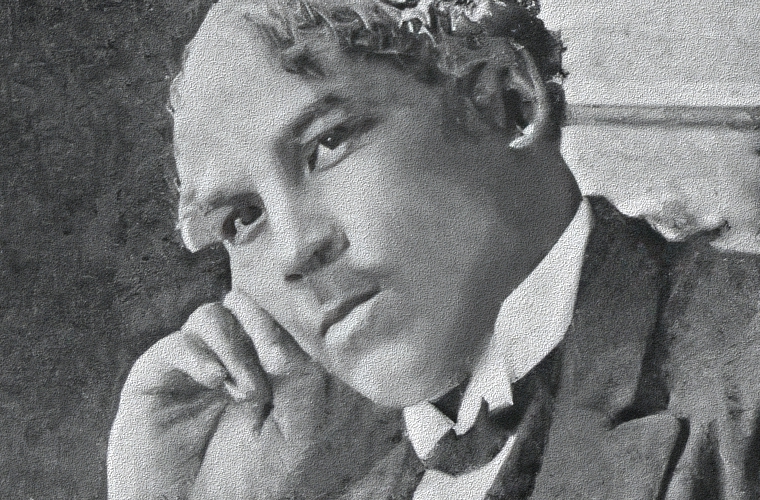James David Corrothers was born in 1869 in Cass County, Michigan, a place where abolitionists, fugitive slaves, and free blacks had settled before the Civil War. He was raised by his grandfather, who taught him to value education and self-reliance. He attended public school, where he faced racism and violence from white students. He moved to Muskegon when he was 14, and worked various jobs to support himself and his grandfather. When his grandfather died in 1885, Corrothers left for Indiana and then Springfield, Ohio, where he continued to work hard and learn new skills.
In 1887, he moved to Chicago, where he met Henry Demarest Lloyd, a journalist and reformer who recognized his potential as a writer. Lloyd helped him get a job at the Chicago Tribune, where he wrote about Chicago’s black elite. However, he quit the paper when he saw that his article was rewritten in black “dialect” by a white reporter. He then enrolled at Northwestern University with the support of Lloyd and Frances Willard, a temperance leader. He did not finish his degree, but he gained valuable experience and exposure as a journalist.
He also returned to writing poetry, which was his passion since childhood. He was inspired by Paul Laurence Dunbar, another African-American poet who had achieved fame and success. Corrothers decided to publish his own poems and stories in dialect, hoping to appeal to a wider audience. He collected his works in a book called The Black Cat Club (1902), which established him as a major literary figure. The book contained poems that expressed the joys and sorrows of black life, as well as essays that criticized racism and injustice.
Despite his literary fame, Corrothers felt a calling to enter the ministry. He joined the African Methodist Episcopal Church in 1898, and later served Baptist and Presbyterian congregations. He married twice and had two sons with his first wife, who died in 1894. His second wife supported him in his pastoral work until his death in 1917.
Corrothers continued to write poetry and prose in standard English, which he believed was more appropriate for the modern era. He also became more vocal and radical in his protest against racial oppression. He published At the Closed Gate of Justice (1913), a book that denounced lynching, segregation, and discrimination. He also wrote In Spite of the Handicap (1916), an autobiography that narrated his life story and explained his motivation for using his literary talents to fight for racial equality.
Corrothers died of a stroke in West Chester, Pennsylvania, at the age of 47. He was mourned by many prominent figures of his time, such as W.E.B. Du Bois, who called him “a serious loss to the race and to literature.” His poems were included in The Book of American Negro Poetry (1922), edited by James Weldon Johnson, who recognized him as one of the pioneers of black literature.
James David Corrothers was a remarkable man who overcame many obstacles and achieved many accomplishments. He was a poet who captured the beauty and pain of black experience; a journalist who exposed the truth and advocated for reform; a minister who preached the gospel and served his community; and an activist who challenged racism and inspired hope. He deserves to be remembered and celebrated as one of the heroes of African-American history and culture.

